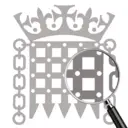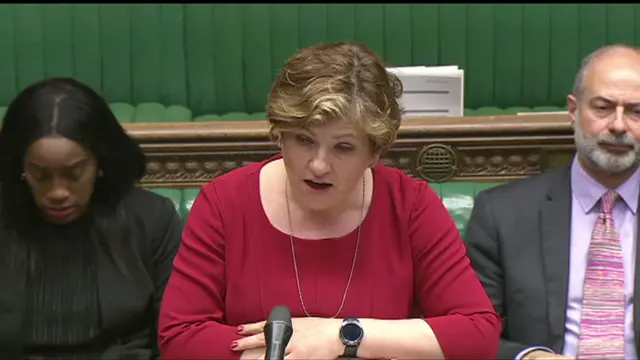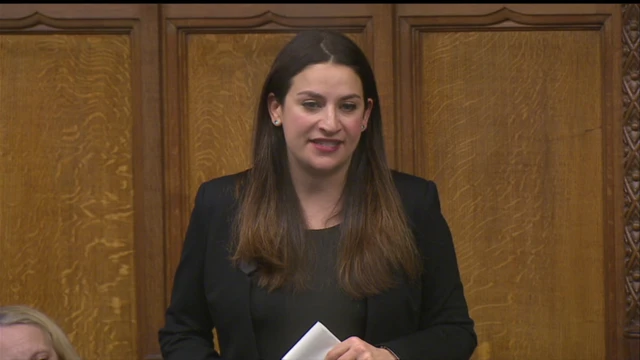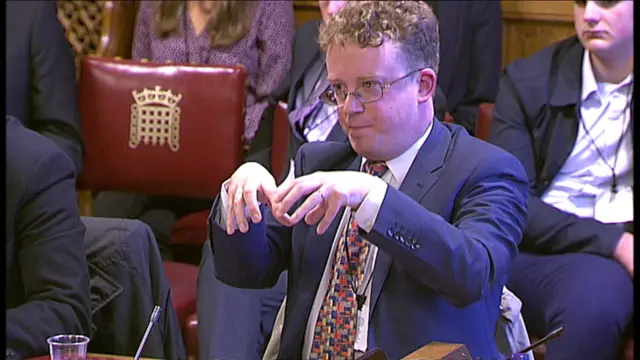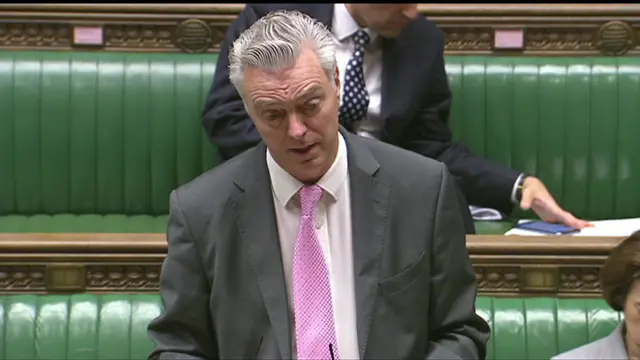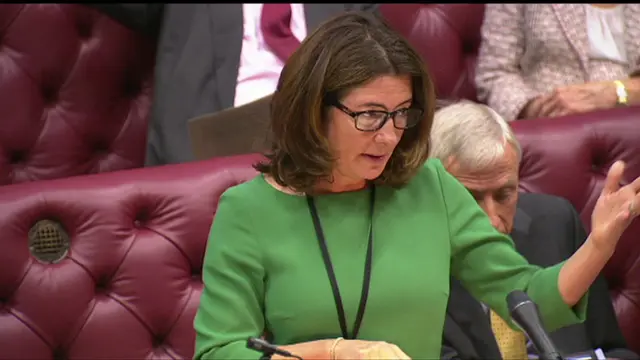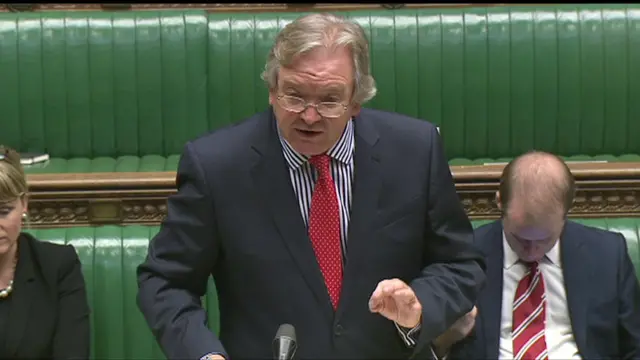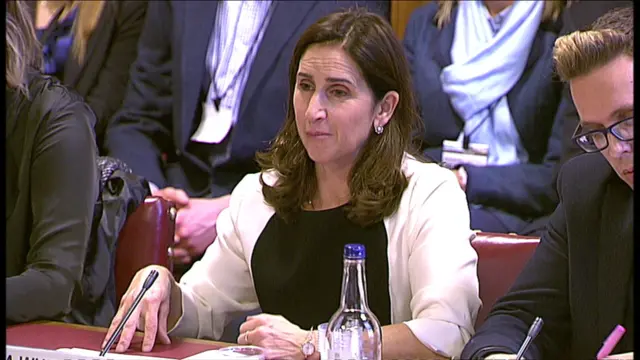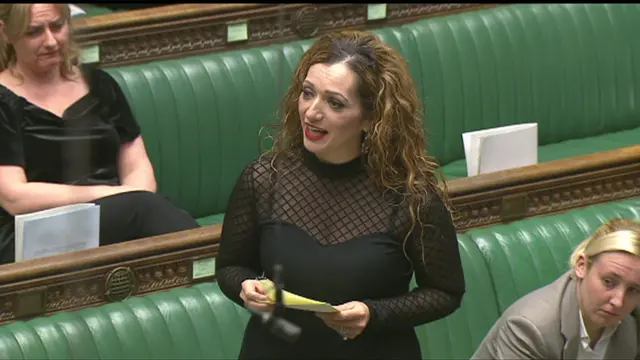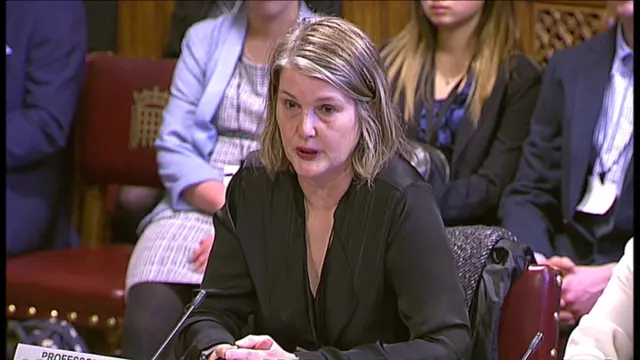UKIP releases report into Woolfe and Hookem clashpublished at 16:20 BST 26 October 2016Breaking
UKIP has released its official report into the clash between MEPs Steven Woolfe and Mike Hookem in the European Parliament. Mr Woolfe collapsed in the hours following the incident, and both men have since given contrasting reports of what happened.
UKIP chairman Paul Oakden said the true facts of what happened were "impossible to determine". He said a formal reprimand would be placed on Mr Hookem's internal record, saying he had not been the "instigator" and had an "excellent record" as an MEP.
Mr Woolfe is no longer a UKIP MEP, having quit the party after the incident.
